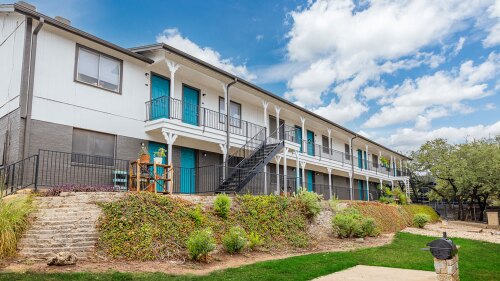This article is republished with permission from REITCafe.
Lodging real estate investment trusts (REITs) had been coming back after a tough 2015, but travel-related stocks sank in the aftermath of the attacks in Belgium, especially for companies with an international presence. The stock of Host Hotels & Resorts, which owns several properties in Brussels, was down 4.7 percent during the first half of the week. Year-to-date returns for lodging REITs dropped below the FTSE NAREIT All Equity REIT Average. As of March 23, lodging REIT returns measured 0.59 percent, compared with 2.30 percent for the REIT average.
U.S. lodging sector fundamentals have been strong, creating concern about the extent to which further growth can be supported. The absolute values of the three key performance metrics reached their highest level recorded by STR during 2015. According to STR, U.S. hotel occupancy gained 1.7 percent to 65.6 percent, and average daily rate (ADR) rose 4.4 percent for a 6.3 percent gain in revenue per available room (RevPAR).
| TREPP-i Survey Loan Spreads (50–59% LTV)* |
| This Week | Previous Week | Previous Month | End 2015 | End 2014 | |
| Industrial | 169 | 175 | 178 | 163 | 138.5 |
| Multifamily | 168 | 172 | 185 | 168 | 139.8 |
| Office | 178 | 182 | 164 | 168 | 148 |
| Retail | 169 | 175 | 177 | 168 | 139.8 |
| Average Spread | 171 | 176 | 178.75 | 166.75 | 141.5 |
| 10-year Treasury Yield** | 1.89 | 1.98 | 1.73 | 2.27 | 2.17 |
U.S. hotel occupancy declined in January and February according to STR, while ADR and RevPAR growth remained positive. Recent performance may be seasonal, or it could indicate that industry headwinds from an influx of new supply, the strong U.S. dollar, and competition from companies like Airbnb are affecting performance.
The cumulative effect of the terror attacks in Brussels, the November attacks in Paris, and the Zika virus outbreak in Central and South America could cause more Americans to travel domestically this summer. More domestic travel could lead to U.S. hotel fundamentals tightening further. However, the bidding war underway for Starwood Hotels by Marriott International and China’s Anbang Insurance Group illustrates confidence in the sector’s future.
The opening of new markets could provide another growth opportunity for hotel companies. President Obama’s historic visit to Cuba this past week signaled further normalization of relations and an augmentation of travel between the two countries. The number of visitors to Cuba surged in 2015, and the island has few high-quality hotels to meet demand, especially as it grows further. Starwood Hotels and Resorts became the first U.S. hotel company to sign a deal to renovate and manage three hotels in Cuba, and Marriott is in discussions and will likely follow shortly with its own announcement.
These two seemingly unrelated events this week could strengthen market fundamentals and provide an outlet for future growth at a time when U.S. hotel market conditions are healthy, but the trajectory is uncertain.
* TREPP-i Survey Loan Spreads levels are based on a survey of balance sheet lenders. For more information, visit Trepp.com.
** - 10 yr. Treasury Yield as of 3/25/2016.




